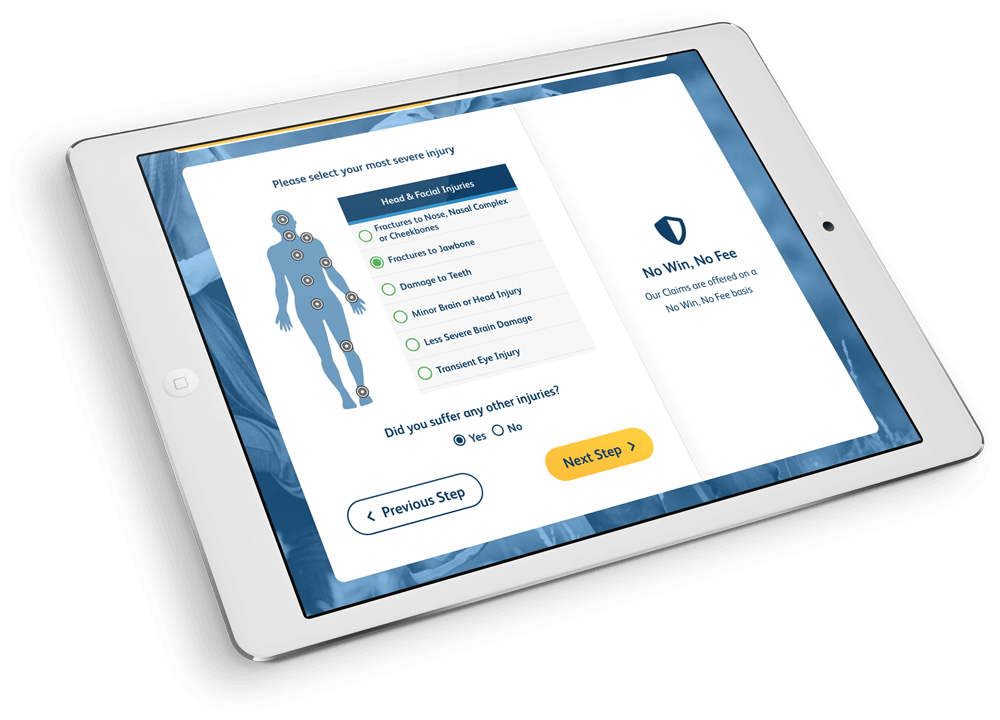World Sepsis Day 2020: Are COVID-19 patients at more risk of sepsis?
As the UK’s number one cause of death, sepsis is a condition that can affect any age, sex or race. In fact, the number of people who die from it each year exceeds the number of those who lose their lives to prostate, lung and breast cancer combined.
However, it is a matter that still requires more public awareness, especially as we battle through the COVID-19 pandemic. As we mark World Sepsis Day on 13 September, we look at how COVID-19 patients face the additional risk of developing sepsis, how we can address this issue and what action can be taken if the development of the condition was mistreated or misdiagnosed.
WHAT IS SEPSIS AND HOW DO YOU SPOT THE SYMPTOMS?
Often referred to as blood poisoning, sepsis occurs when the body’s immune system overreacts to an infection and starts to fight healthy tissue and organs, leading to organ failure and, in some cases, death.
The Sepsis Trust tells us to looks out for the following symptoms:
Slurred speech or confusion
Extreme shivering or muscle pain
Passing no urine (in a day)
Severe breathlessness
It feels like you’re going to die
Skin mottled or discoloured
WHAT CAUSES SEPSIS AND IS IT PREVENTABLE?
Sepsis is a life-threatening condition that, in 2017, affected 49 million people across the world, according to the World Health Organisation (WHO).
Its causes include:
- A chest infection causing pneumonia
- A urine infection in the bladder
- A problem in the abdomen, such as a burst ulcer or a hole in the bowel
- An infected cut or bite
- A wound from trauma or surgery
- A leg ulcer
While sepsis does not discriminate between factors such as age or sex, it is most common in pregnant and recently pregnant women; young children; elderly people; and those with underlying chronic health conditions. There is also a higher number of incidences and deaths in low- and middle-income countries.
However, sepsis is preventable and is often linked to suboptimal quality of care, an inadequate health infrastructure, poor infection prevention measures, late diagnosis, and inappropriate clinical management.
HOW ARE COVID-19 PATIENTS IMPACTED BY THE THREAT OF SEPSIS?
As we’ve mentioned, sepsis is the body’s response to an infection, injuring its own tissues and organs. Therefore, people who are struck down with severe cases of COVID-19 – and other infectious diseases – are at a higher risk of developing, and dying from, sepsis.
The Sepsis Trust says that a percentage of COVID-19 cases can develop into such organ failure, meaning that, as well as respiratory failure, kidney failure and / or shock is also possible.
And, the Global Sepsis Alliance (GSA) is calling for action to raise awareness of sepsis to save lives. The organisation is asking government, regional and global institutions, such as WHO, to step up its efforts and allocate more resources to fight against sepsis, stating that such improvements will impact positively on COVID-19 patient outcomes.
GSA President, Prof. Konrad Reinhart, says: “The 2020 World Sepsis Day occurs at a time when mankind faces one of the greatest pandemics of recent times. Severe infections with COVID-19 are in fact viral sepsis – which is often not recognised.
“Severely ill COVID-19 patients and those affected by sepsis from other pathogens — such as bacteria, other viruses, fungi, or parasites — are indistinguishable on clinical grounds.”
WHAT CAN YOU DO IF YOU WERE MISDIAGNOSED AND HOW CAN WE HELP?
If you or a loved one has developed sepsis and it was not identified or diagnosed and treated during the early stages, you could go on to have long-term health problems and could therefore be entitled to compensation.
Our medical negligence team works with individuals to ensure they receive compensation to help towards the costs of rehabilitation, loss of earnings or prescription charges.
Carlos Lopez, director of the clinical negligence team at Hampson Hughes Solicitors, said: “I have acted for many clients and families who have been affected by sepsis. Unfortunately, sometimes the condition has led to tragic – and avoidable – deaths.
“Now more than ever, in the shadow of a potential second rise in COVID-19 infections, hospitals and medical professionals need to be on high alert for sepsis signs and symptoms.
“Training, relevant sepsis medical equipment and understanding of sepsis protocols are key, to avoid a wave of unnecessary deaths.”





